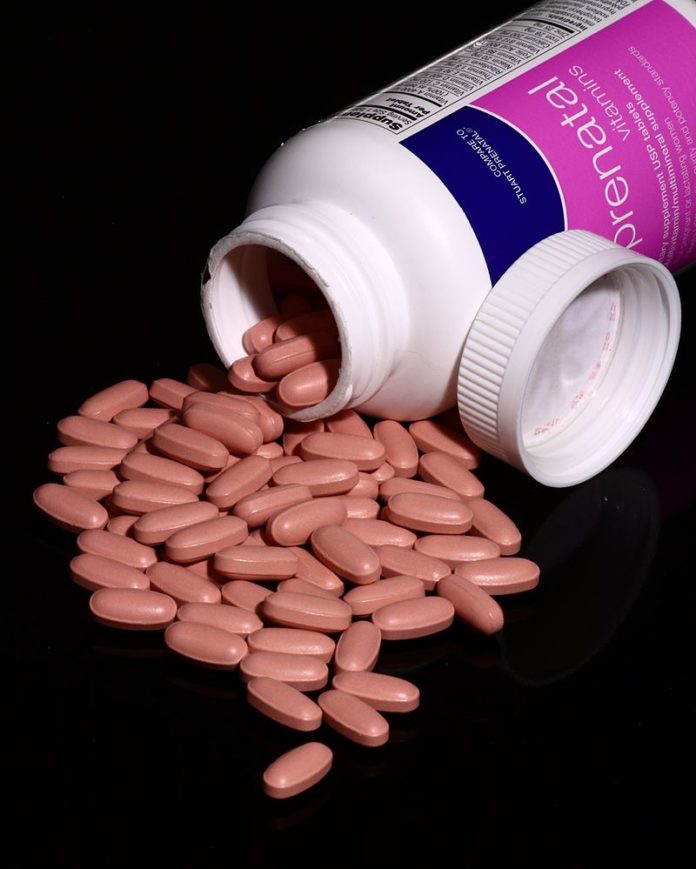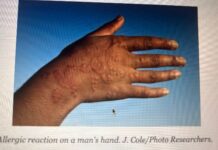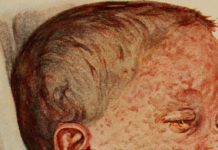
High doses of Vitamin D supplementation may do more harm than good in preventing or treating COVID-19
Scientists from the UK, Europe and the USA have published a vitamin D consensus paper warning against high doses of vitamin D supplementation for preventing or treating COVID-19.
According to the paper, there is currently insufficient scientific evidence to show high doses of vitamin D supplementation can be beneficial in preventing or treating Covid-19. Vitamin D status is reflected by the level of the circulating metabolite 25-hydroxyvitamin D (25OHD). The 25OHD concentration is low as defined in the UK by a 25OHD concentration of less than 25 nmol/L and in the USA and India by a 25OHD concentration of less than 30 nmol/L. The USA recommendation of an optimal level of 25OHD concentration is 50 nmol/L for the general population.
The new report published in the journal BMJ, Nutrition, Prevention and Health, investigated the current scientific evidence based on the vitamin and its use in treating infections. Vitamin D is a hormone, produced in the skin during exposure to sunlight, and helps regulate the amount of calcium and phosphate in the body, which are needed to keep bones, teeth and muscles healthy.
Professor Sue Lanham-New, Head of the Department of Nutritional Sciences at the University of Surrey and lead author of the study, said: “An adequate level of vitamin D in the body is crucial to our overall health, too little can lead to rickets or the development of osteoporosis but too much can lead to an increase in calcium levels in the blood which could be particularly harmful.”
Examining previous studies researchers found no evidence of a link between high dose supplementation of vitamin D in helping to prevent or successfully treat Covid-19 and cautioned against over supplementation of the vitamin, without medical supervision, due to health risks.
Levels of vitamin D in the body can be supplemented through a nutritionally balanced diet including foods such as oily fish, red meat, egg yolk
Although lower vitamin D status has been strongly associated with respiratory diseases such as asthma and chronic obstructive pulmonary disease, scientists believe that there is currently no firm link between vitamin D intake and resistance to respiratory tract infections.
Professors Carolyn Greig and Martin Hewison from Birmingham University, are co-authors on the paper. Professor Greig says: “Most of our vitamin D comes from exposure to sunlight, however for many people, particularly those who are self-isolating with limited access to sunlight during the current pandemic, getting enough vitamin D may be a real challenge. Supplementing with vitamin D is recommended but should be done under the current UK guidance.”
Current government’s recommendations for the general population is 400 IU/day for the UK and 600 IU/day for the USA (800 IU for more than 70 years)) and the European Union (EU).
Levels of vitamin D in the body can also be supplemented through a nutritionally balanced diet including foods such as oily fish, red meat, egg yolk and fortified foods such as breakfast cereals, and safe sunlight exposure to boost vitamin D status.
For the UK about 10 min of exposure at around lunchtime, in-season appropriate clothing, can meet vitamin D needs for white-skinned people; this increases to about 25 min for those of skin type V (ie, South Asian, brown skin tones).













